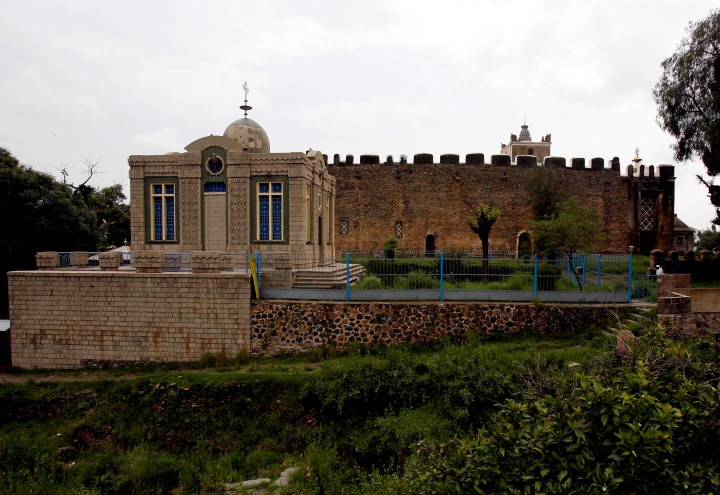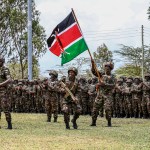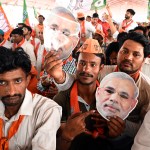Ethiopia
Social media restricted in Ethiopia after church rift turns violent

NAIROBI, Feb 10 (Reuters) - Access to social media platforms has been restricted in Ethiopia, Internet watchdog NetBlocks said, following violent protests sparked by a rift within the country's Orthodox Church.
The protests broke out in the Oromiya region when three church officials declared themselves archbishops last month and set up their own governing body. Some demonstrators have opposed their move while others have supported it.
At least 30 people have been killed in protests since Feb. 4, the church said in a statement on Thursday.
The statement called for demonstrations on Sunday, accusing the Ethiopian government of “meddling” in the church’s internal affairs after Prime Minister Abiy Ahmed asked his ministers to stay out of the dispute.
The Ethiopian state has traditionally maintained close ties to the Orthodox Church, to which more than 40% of the population adheres.
Ethiopian government spokesperson Legesse Tulu did not immediately respond to requests for comment on Friday. The government said in a statement on Thursday that the upcoming protest was banned to prevent violence.
Access to Facebook, Messenger, TikTok and Telegram was severely restricted, NetBlocks said in statement late on Thursday, citing network data it had collected.
Ethiopian authorities have previously shut down or restricted access to the internet during periods of political unrest, including in response to protests in 2020 that followed the killing of a popular singer from Oromiya.
Internet and phone communications were also shut down in the northern Tigray region for most of a two-year war that ended in a ceasefire in November.
The Orthodox Church vowed in its statement that Sunday’s protest would go ahead. It said the government’s ban constituted “a declaration to destroy the church once and for all”.
Oromiya, home to Ethiopia’s largest ethnic group, has experienced violent conflict for many years, part of wider unrest in Ethiopia, a multi-ethnic country where power has long been contested between federal and regional authorities.
(Reporting by George Obulutsa; Editing by Aaron Ross, William Maclean)



















 Become an Insider
Become an Insider
Comments - Please login in order to comment.